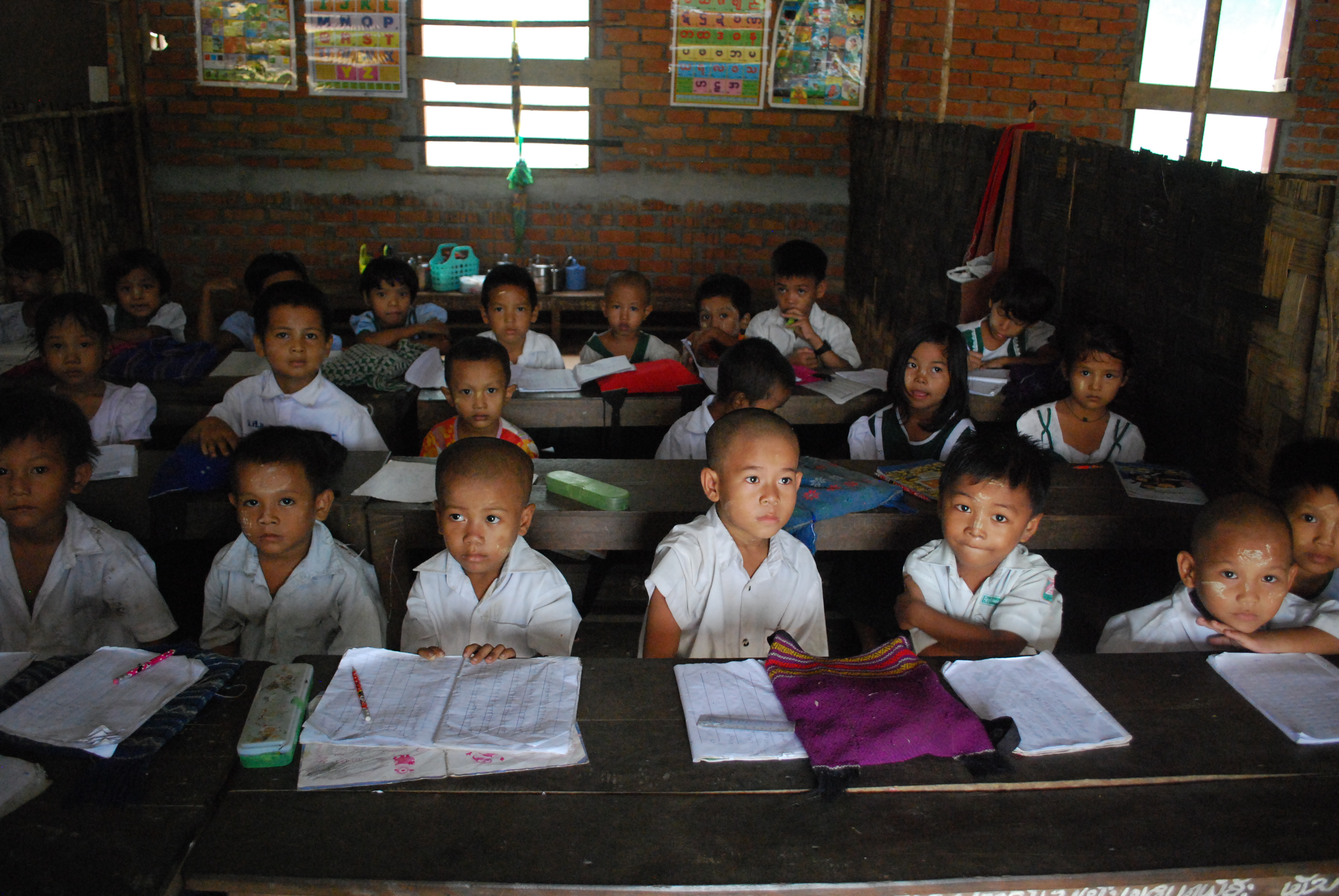Burma was ranked 134 among 148 countries in a Global Competitiveness Report 2014-15, released by the World Economic Forum on 3 September.
The report reviewed the competitiveness of countries based on the paradigms of education, governance, technology, institutions, market efficiency, infrastructure and innovation.
Within these paradigms, Burma scored extremely low in harnessing the latest technological advances and the capacity to retain talent within the country.
According to the report, some of the most “problematic factors” that hinder business growth in Burma are political instability, corruption, inadequate educated workforce and access to finance.
[related]
Despite President Thein Sein’s proposal to increase health and education budget earlier in January this year, the list indicated a severely hit health sector, as well as diminished primary and higher education, contributing to an overall low ranking in global competitiveness.
The only segments where the report showed Burma in positive rankings were primary education enrollment and the ratio of women in the labour force.
Decades of military rule and a repressive political atmosphere led the country into a downward spiral in modern times. Despite a series of political and economic reforms enacted by a new civilian government since 2011, economic growth and balanced development are yet to gain traction in Burma.
In 2013, Burma ranked 134 among 144 countries.
Burma sits among a grouping of failed and impoverished African states on the chart, as well as Southeast Asian neighbours Cambodia and Timor Leste. In contrast, Singapore, Japan and Hong Kong featured among the top 10 countries listed in the report.



